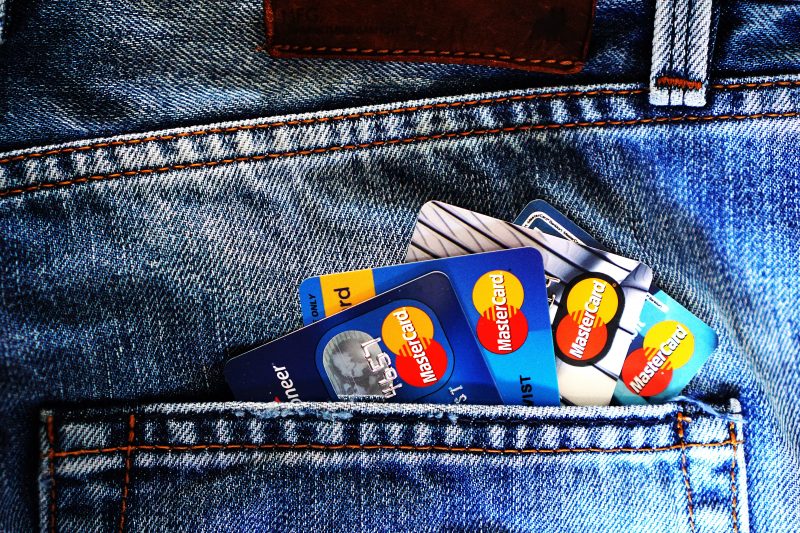In June 2022, the average UK household had a credit card debt of £2,229. Many households will have since seen the amount they owe increase, as credit card companies charge a rate of interest if you fail to pay your balance in full each month. Read on to get some tips on how to avoid getting into this situation in the first place.
The Golden Rule
The most important principle to abide by is to avoid spending what you don’t already have. This is the danger of things like buy-now-pay-later services, as outlined on this previous blog, as they encourage you to spend beyond your budget.
If you can’t afford that new pair of shoes right now, hold off on buying them… we believe in you!
Stick to the Essentials
The best way to avoid spending what you don’t have is to stick to the essentials. It can be very tempting to live beyond your means to try to keep up appearances, but this will only serve to cause you trouble in the long-term.

Differentiate between wants and needs… for example, you may need a car to get to work and your old one is on the way out. Here, that new car can be considered a need, but is a fancy BMW brand new from the dealership really necessary? No! Set your sights lower if you can’t afford it.
Stop the Impulsivity!
Now, this is not to say that you can never buy things that you want, but what you certainly can do is reduce impulse spending. If you want to buy something, avoid giving in straight away to the impulse.
Instead, how about you give it a few days or weeks to see if that desire is still there. This way, you will end up with items you actually really want, as well as reducing your overall expenditure; it’s a win win!
Shop Around
Spend wisely by switching to cheaper options where possible. There are opportunities to cut costs in things as simple as your monthly phone bill or your weekly shop.
Create an Emergency Fund
It’s important to build savings in the form of an emergency fund if you are able to. Expect the unexpected and plan for the unplanned. Make sure you have money set aside for unexpected costs like your car breaking down.
Avoid Credit
Sometimes you may have to resort to credit, but when you do, avoid taking out personal loans unless you know you will be able to pay it back.

If you are set on resorting to credit, make sure you look at the interest rates on loans and credit cards and where possible, go for the place with the lowest option. If using somewhere that offers payday loans, make sure they are regulated by the Financial Conduct Authority to avoid being scammed.
For Those Already in Debt:
If you’re already in debt, your priority should be paying this debt back and keeping up with essential payments, rather than buying non-essentials or building savings.
Come up with debt repayment plan. Focus on priority debts first, like gas and electric bills and mortgage arrears. Then, move on to the debt with the highest interest rate, then the one with the next highest etc… this helps to slow down the rate of growth of your debt as the interest will only serve to increase the amount you owe.
If you need help with your debt, there are certain debt charities and organisations there to help: